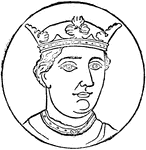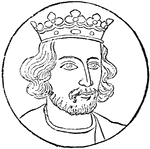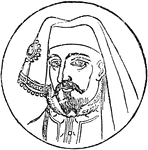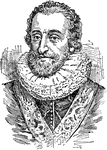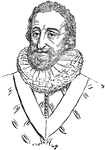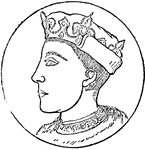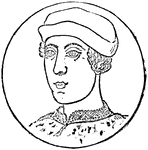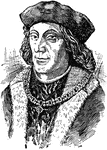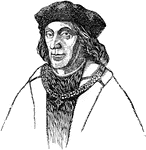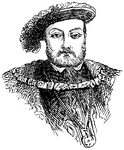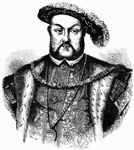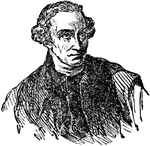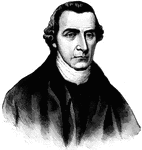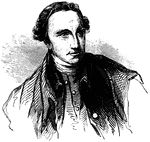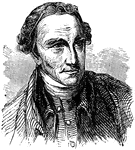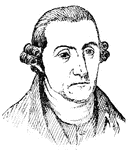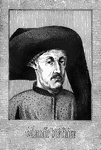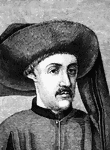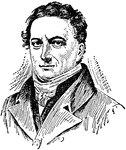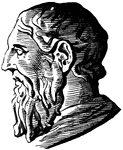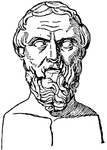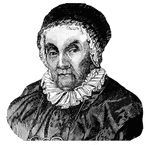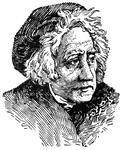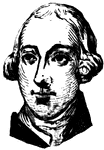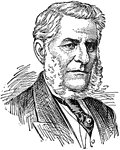274 illustrations of famous people including: Alexander Hamilton, Wade Hampton, John Hancock, Benjamin Harrison, William Harrison, Nathaniel Hawthorne, Rutherford Hayes, King Henry (I, II, III, IV, V, VI, VII, VIII), Patrick Henry, Homer, Sam Houston, Oliver Howard, Henry Hudson, William Hull, and more
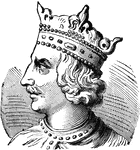
Henry I of England
Henry I (c. 1068/1069 – 1 December 1135) was the fourth son of William I the Conqueror, the first…
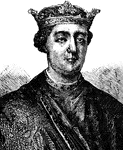
Henry II
Henry II of England (5 March 1133 – 6 July 1189) ruled as King of England (1154–1189). Henry…
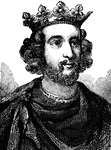
Henry III
Henry III (1 October 1207 – 16 November 1272) was the son and successor of John "Lackland" as…
Henry III of England
Henry III (1207 – 11272), also known as Henry of Winchester, was King of England, Lord of Ireland…
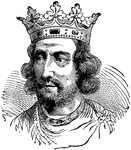
Henry III of England
Henry III (1 October 1207 – 16 November 1272) was the son and successor of John "Lackland" as…
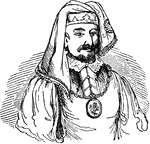
Henry IV
"By embracing the Catholic religion he made his way to the throne of France; and this monarch, Henry…
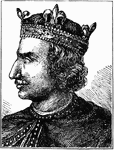
Henry the First
Henry I (c. 1068/1069 – 1 December 1135) was the fourth son of William I the Conqueror, the first…
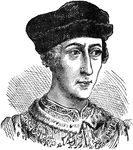
Henry V of England
Henry V (16 September 1386 – 31 August 1422) was one of the most significant English warrior kings…
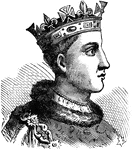
Henry VI of England
Henry was the only child and heir of King Henry V of England and therefore great things were expected…
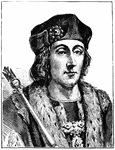
Henry VII of England
Henry VII (January 28, 1457 – April 21, 1509), King of England, Lord of Ireland (August 22, 1485…
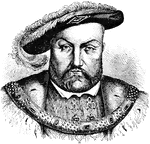
Henry VIII
"Henry VIII (1509-1547) came to the throne in 1509, inheriting a vast treasure which he owed to the…

Guy Vernon Henry
Guy Vernon Henry (9 March 1839 - 27 October 1899) was a military officer and Medal of Honor recipient…
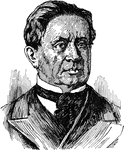
Joseph Henry
Joseph Henry (December 17, 1797 - May 13, 1878) was an American scientist who served as the first Secretary…
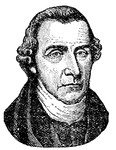
Patrick Henry
(1736-1799) Henry was an orator and patriot. He was an opponent of excessive taxes. Henry was governor…
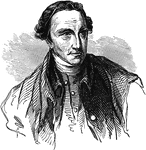
Patrick Henry
Patrick Henry (May 29, 1736 - June 6, 1799) was a prominent figure in the American Revolution, known…
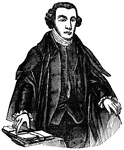
Patrick Henry
Patrick Henry, born in 1736, was an active figure in the American Revolution, known and remembered for…
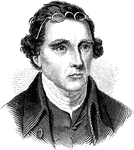
Patrick Henry
An illustration of Patrick Henry a man who served as the post-colonial Governor of Virginia and was…

Statue of Patrick Henry at Richmond, VA
Statue of Patrick Henry, American Revolutionary, in Richmond, Virginia.

Prince Henry
An infante of the Kingdom of Portugal, and was responsible for the early development of European exploration…

Bust of Herodotus
"The first writer who deserves the name of a historian is Herodotus, hence called the Father of History.…

Profile Bust of Herodotus
Herodotus of Halicarnassus was a Greek historian who lived in the 5th century BC (c. 484 BC–c.…
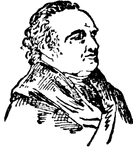
Sir William (Frederick) Herschel
(1738-1822) German astronomer who discovered the planet Uranus in 1781 and was appointed astronomer…
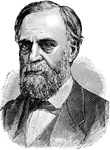
Abram Stevens Hewitt
Hewitt was a congressman, major of New York City, teacher, iron manufacturer, and lawyer.
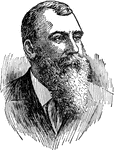
Philip Hichborn
Philip Hichborn was a naval constructor burn on Charlestown, Mass. on March 4, 1839. He died May 1,…
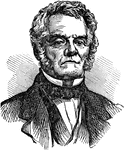
Thomas Holliday Hicks
Thomas Holliday Hicks (September 2, 1798 - February 14, 1865) was an American politician from Maryland.…
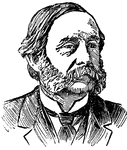
Thomas W. Higginson
(1823-1900) American author who was a commander of the first regiment of former slaves during the Civil…
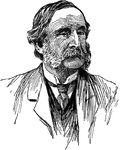
Thomas Wentworth Higginson
Thomas Wentworth Higginson (December 22, 1823 - May 9, 1911) was an American minister, author, abolitionist,…
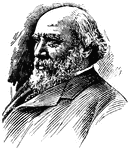
James Jerome Hill
(1838-1916) Railroad executive and financier that was known as "Hill the empire builder" because of…
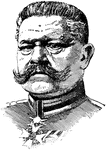
Hindenburg
The second president of Germany, from 1925 to 1934. He was also the Chief of General Staff for Germany…
